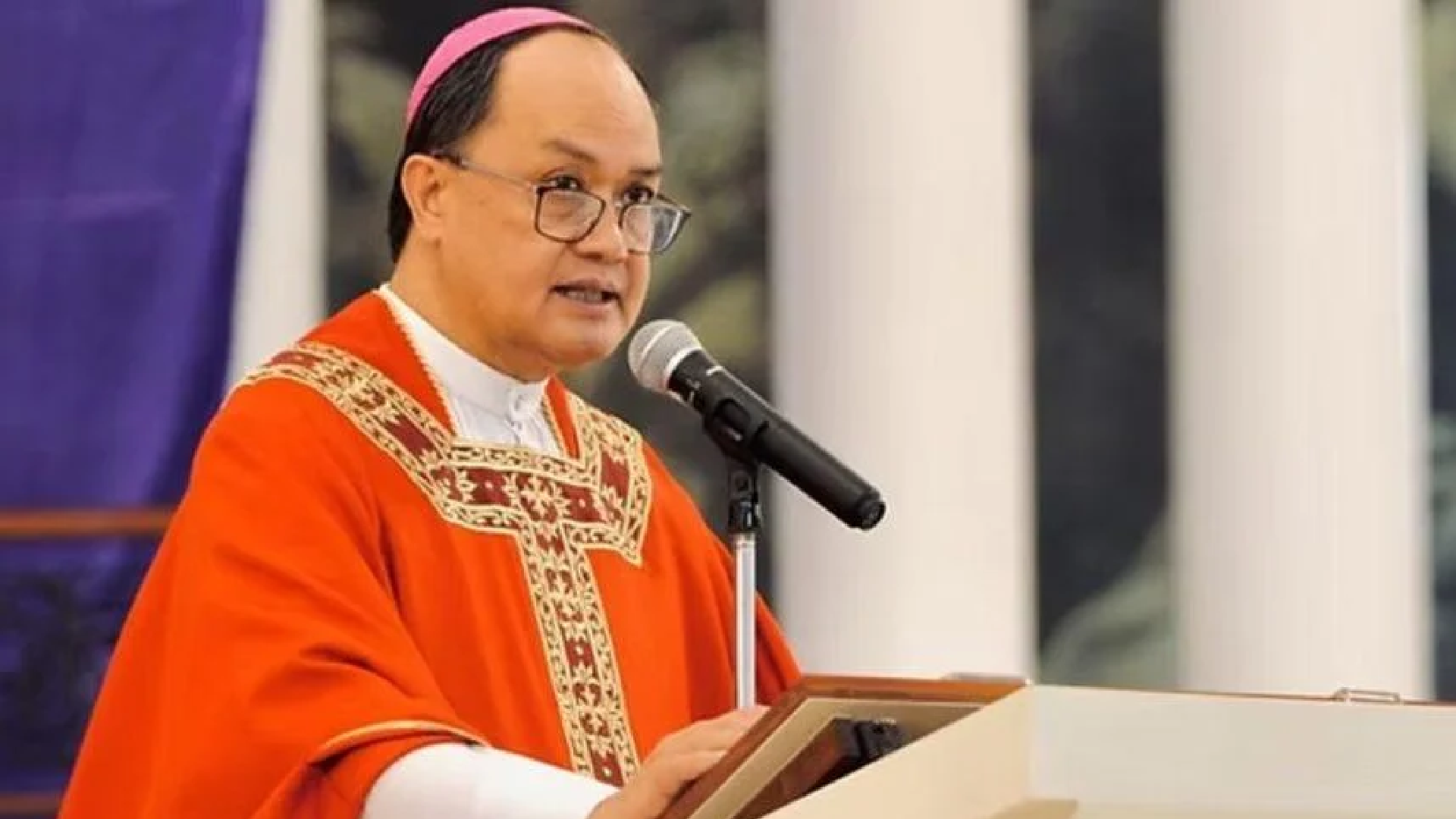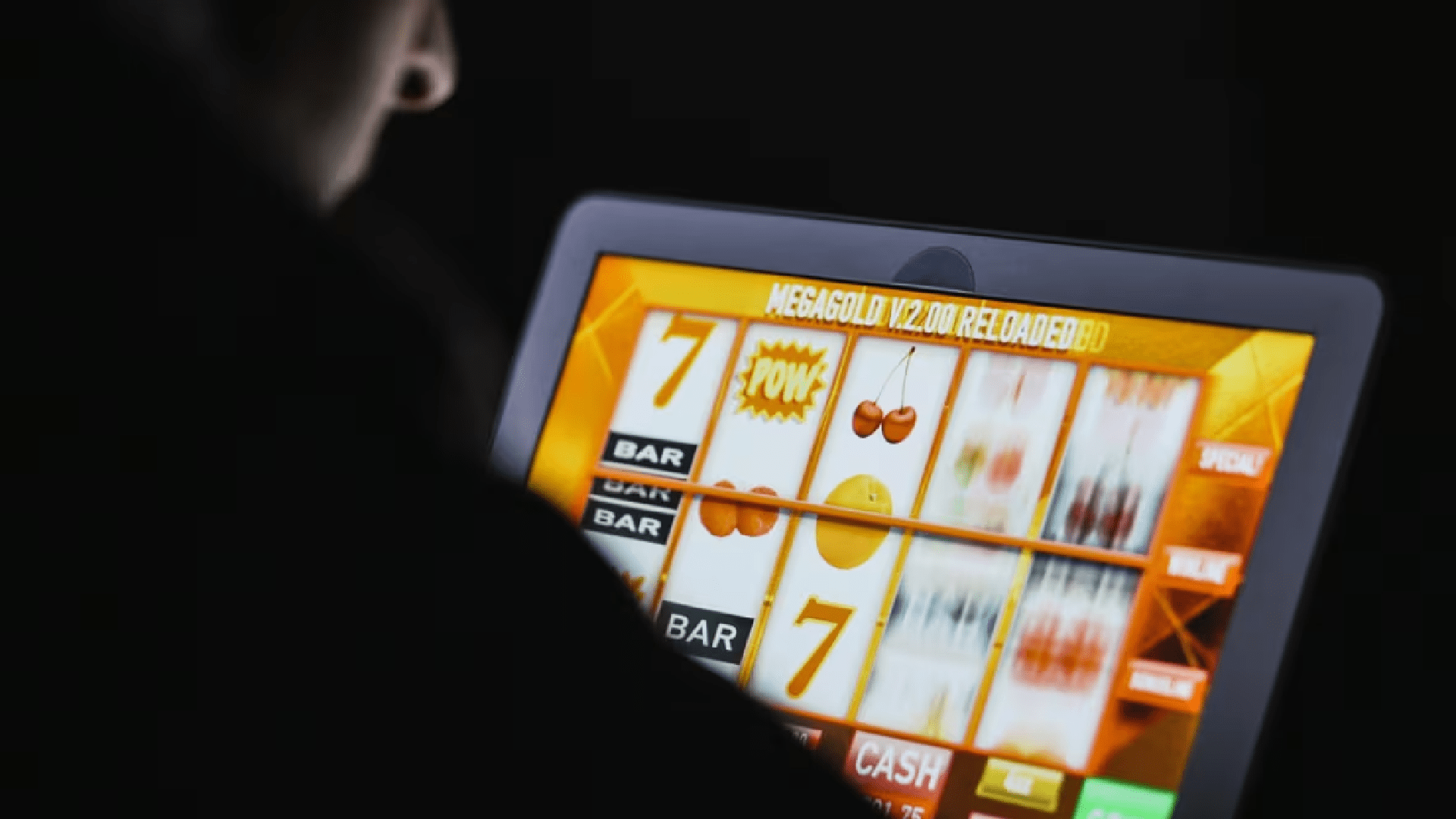
Philippines Internet Gaming Operators (PIGOs) are facing examination a year following the government's prohibition of the $3 billion offshore gaming sector.
Exactly one year ago, the government of the Philippines revoked all licenses for Philippines Offshore Gaming Operators (POGOs). POGOs managed online casino games for players in nations where internet gambling is prohibited, particularly China.
Following years of requests from China to eliminate the offshore market, Philippines President Bongbong Marcos complied with the requests of the People’s Republic. Marcos' predecessor, Rodrigo Duterte, declined to limit POGOs since the online gaming operations offered the government significant tax advantages.
Online casinos exclusively for local players can also be found in the Philippines. Bloomberry Resorts Corporation, located in the Philippines, owns and manages Solaire Casinos in both Manila and Quezon City, along with Jeju Sun Hotel Casino in South Korea, and possesses one of the PIGO licenses. DigiPlus Interactive Corp, which is also a Filipino company, engages in similar activities.
Company shares plummeted on Thursday after Sen. Win Gatchalian introduced a bill to ban online gambling and revoke the PIGO licenses.
"Many families have had their futures destroyed because of online gambling,” Gatchalian declared.
“Due to its accessibility, online gambling activities have magnified the dangers from gambling and have been linked to the erosion of our moral fibers, as it has caused an increase in mental health problems, financial problems, addictive behavior, vices, and crime rates,” Gatchalian added.
Customer Worries
Gatchalian stated that the rates of gambling addiction in the Philippines are getting worse, and the accessibility of PIGOs is making the situation even worse. DigiPlus shares plummeted 30% on Thursday, while Bloomberry shares dropped by as much as 12%.
“There is a legislative push to either heavily regulate or outright ban online gambling platforms,” Toby Allan Arce, an analyst at Globalinks Securities, told Bloomberg. “The political momentum behind this bill has likely led institutional and retail investors alike to rotate out of these equities until there’s more clarity or a legislative compromise.”
Together with some legislators, religious groups have often referred to online gambling as a societal burden. Cardinal Pablo Virgilio David criticized celebrities for promoting online casino platforms in campaigns aimed at young people.
"Who cares if young celebrities shamelessly hawk these gambling sites on social media — prostituting themselves for a fee, in the service of conscienceless billionaires who cast their digital fishnets far and wide, reeling in the gullible and the desperate?” the cardinal asked. “Goodbye, studies. Goodbye, decent jobs. Goodbye, the hope of hardworking families, and hello to a whole generation of gambling addicts.”
Davis was viewed as an unexpected contender to take over from Pope Francis after his passing in April. In the Philippines, Catholicism reigns supreme, with more than 80% of the people identifying as Catholic.
Cabinet Restructuring
In May, the whole board of the Philippines Amusement and Gaming Corporation (PAGCOR) stepped down at Marcos's request. The president urged all officials at the secretary level and agency leaders to resign to “improve” the government’s “effectiveness.”
The resignations featured PAGCOR Chair and CEO Alejandro Tengo. The PAGCOR successors have not yet been appointed by the Marcos administration.
Gaming continues to be a vital resource for the Philippine government. In 2024, licensed gaming companies earned over $7 billion in total revenue.





